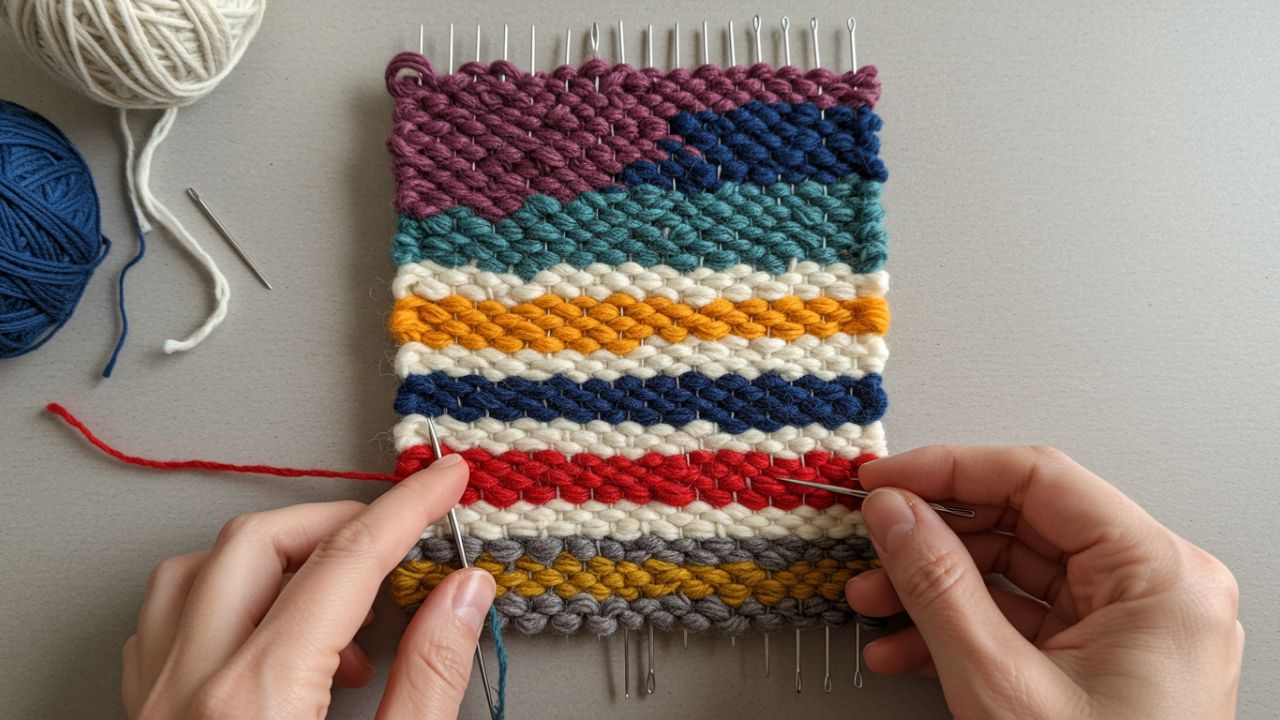Woolrec: Revolutionizing the Textile Industry with Natural Fibers
Introduction to Woolrec and their mission
Woolrec is shaking up the textile industry in ways we never thought possible. With a mission centered around sustainability, this innovative company is making waves by harnessing the power of natural fibers. As consumers become more conscious about their purchasing choices, Woolrec stands out as a beacon of hope for those seeking eco-friendly alternatives to traditional textiles. The fashion world is notorious for its environmental footprint, but Woolrec aims to rewrite that narrative and offer stylish solutions that benefit both people and the planet. Let’s dive into how they’re revolutionizing an industry and paving the way for a greener future.
The environmental impact of traditional textile production
The textile industry has long been a significant contributor to environmental degradation. Traditional methods rely heavily on synthetic fibers, which are derived from petroleum. The production of these materials emits greenhouse gases and consumes vast amounts of energy.
Water usage in conventional textile manufacturing is staggering. It requires thousands of liters for just one kilogram of fabric. This not only depletes local water supplies but also pollutes waterways with toxic dyes and chemicals.
Moreover, the disposal of textiles adds another layer to this ecological crisis. Many garments end up in landfills, where they can take decades to decompose.
Furthermore, microplastics released during washing infiltrate our oceans and ecosystems, posing risks to marine life and food chains alike. This cycle creates an urgent need for alternatives that embrace sustainability rather than harm our planet further.
How Woolrec is changing the game with natural fibers
Woolrec is redefining the textile landscape by championing natural fibers. Their innovative approach focuses on sourcing and utilizing wool, a sustainable material that benefits both the environment and consumers.
Unlike synthetic alternatives, wool is biodegradable and renewable. This means less waste in landfills and reduced reliance on fossil fuels during production processes.
The company’s commitment extends beyond sustainability; they are also investing in education. By partnering with farmers, Woolrec promotes ethical harvesting practices that support local communities.
Their unique processing methods enhance wool’s inherent qualities, resulting in textiles that are not only eco-friendly but also durable and versatile. Consumers can enjoy stylish clothing without compromising their values.
By prioritizing transparency in their supply chain, Woolrec builds trust with customers who increasingly seek responsible fashion choices. This shift towards natural fibers marks a significant step toward a more sustainable future for the industry.
Advantages of using natural fibers in textile production
Natural fibers offer a myriad of benefits in textile production. First and foremost, they are biodegradable. Unlike synthetic materials that linger for centuries, natural fibers break down harmoniously in the environment.
They also provide breathability. Fabrics made from wool, cotton, or linen allow air circulation, enhancing comfort for the wearer. This is particularly important in climates where temperature regulation is essential.
Durability sets natural fibers apart as well. Many have remarkable tensile strength and can withstand wear and tear better than some synthetics.
Additionally, these materials often possess unique aesthetic qualities. The texture and appearance of natural fabrics create distinctive looks that appeal to designers and consumers alike.
Using renewable resources like wool promotes sustainable agriculture practices. This supports local economies while reducing reliance on fossil fuels commonly associated with synthetic fiber production.
Case studies of successful partnerships with Woolrec
Woolrec has forged several impactful partnerships that highlight the benefits of natural fibers. One notable case involved a well-known fashion brand seeking to reduce its carbon footprint. By collaborating with Woolrec, they transitioned from synthetic materials to sustainable wool products. The result was an eco-friendly collection that resonated with environmentally conscious consumers.
Another successful partnership emerged in home textiles. A bedding company embraced Woolrec’s natural fibers for their luxury line of sheets and comforters. Customers appreciated the softness and breathability, while also feeling good about supporting sustainable practices.
In both cases, these collaborations not only boosted brand reputation but also fostered customer loyalty. Woolrec’s commitment to quality and sustainability attracted businesses eager to make meaningful changes in their production processes, proving that innovation can go hand in hand with environmental responsibility.
Future plans for expansion and growth
Woolrec is poised for significant expansion in the coming years. The company aims to broaden its reach beyond local markets and tap into international demand for sustainable textiles.
Investments are underway to enhance production capabilities. By incorporating advanced technologies, Woolrec can streamline processes while maintaining high-quality standards.
Partnerships with eco-conscious brands are also on the horizon. Collaborating with like-minded companies will amplify their impact on sustainability within the fashion industry.
Moreover, Woolrec plans to invest in research and development. This focus will lead to innovative products that further highlight the benefits of natural fibers.
Education initiatives targeting consumers and manufacturers will deepen awareness about sustainable practices. By fostering understanding, Woolrec hopes to inspire more businesses to embrace eco-friendly alternatives in textile production.
Conclusion on the importance of sustainable fashion and supporting companies like Woolrec
Sustainable fashion is more than just a trend; it’s a necessary shift towards protecting our planet. As consumers become increasingly aware of the environmental impact of their choices, companies like Woolrec are paving the way for an eco-friendly future in textiles. By prioritizing natural fibers and promoting sustainable practices, Woolrec not only reduces waste but also offers high-quality alternatives to traditional materials.
Supporting brands that champion sustainability is essential for driving change within the industry. Every purchase made with intention sends a message about what we value as consumers. The textile industry has long been associated with pollution and waste, yet innovative companies like Woolrec demonstrate that there is a better path forward.
By choosing products from environmentally responsible sources, we can encourage more businesses to adopt similar practices. Investing in sustainable fashion isn’t just beneficial for your wardrobe it helps foster a healthier planet for future generations.
As awareness grows and demand increases, it becomes vital to support those who prioritize our environment over profit margins. Companies such as Woolrec are at the forefront of this movement, showing us how beautiful and impactful sustainable fashion can truly be.

